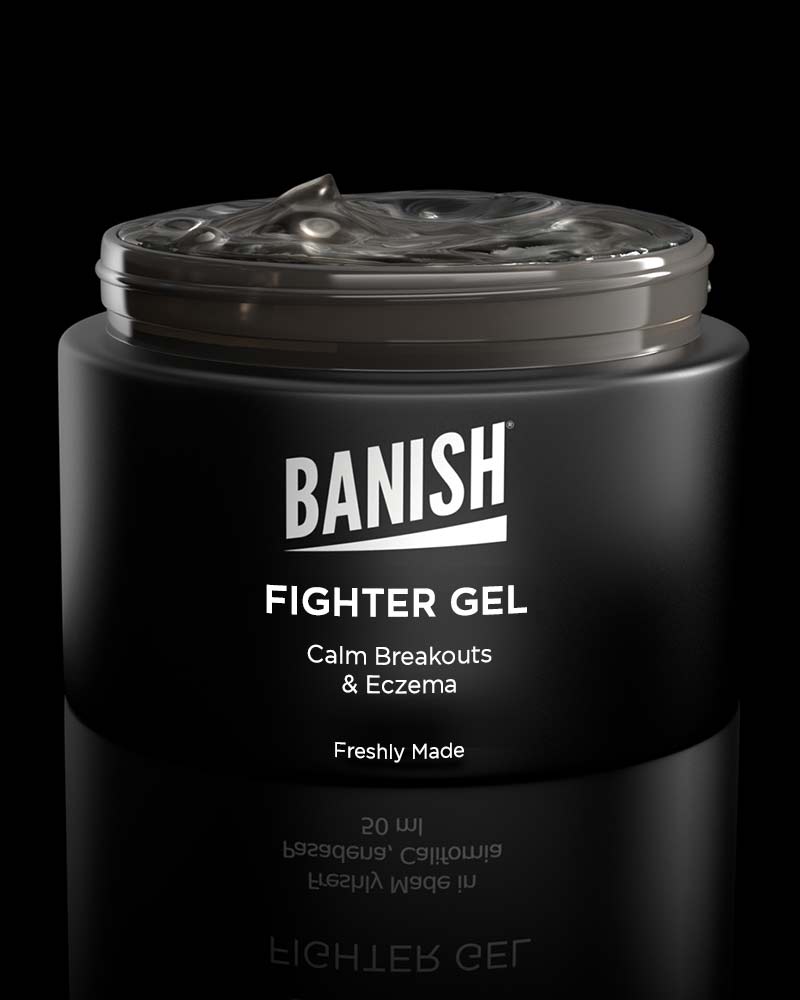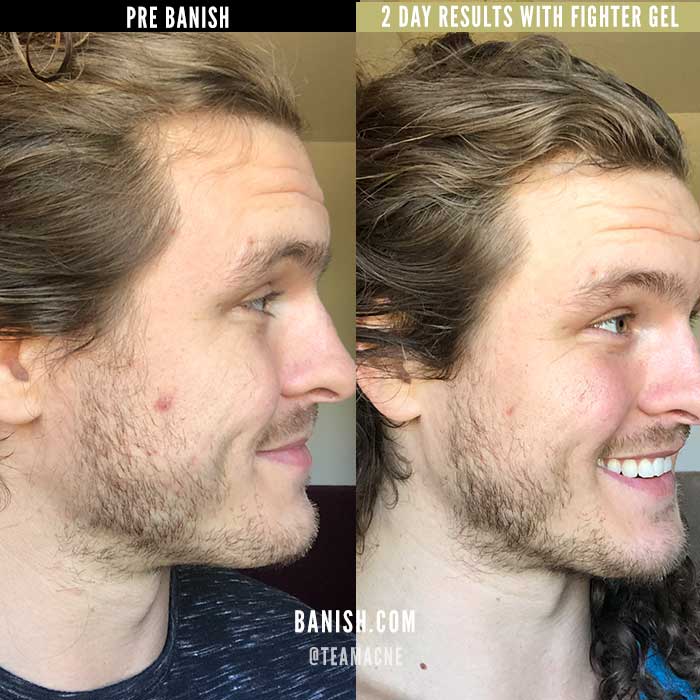Guest Blog By VeganAcneSufferers

Everywhere you go, you're told you need to pat your skin care products in because it helps the product to absorb better, that somehow this patting motion helps the ingredients penetrate our skin more effectively, leading the product itself to do an overall better job on our skin. The term penetration is used to describe a characteristic of cosmetic ingredients in which they migrate from the surface of skin into the lower layers of the skin cells.
However, this may not be so true, after all.
In fact, patting your skin care products in doesn't actually make it penetrate your skin better - and neither does rubbing!
Let's have a little Science of Skin 101: our skin's outermost protective layer is called the stratum corneum (I'm sure you've heard me talk about it before!). Our stratum corneum serves a very important function as protection for our body from the outside world, and in fact, it isn't easily penetrable. If the stratum corneum is easy to penetrate, it's likely you've got some damage on your hands. A damaged stratum corneum can be caused by many things and has symptoms like dry, red, irritated and inflamed skin.
At the end of the day, whether you pat or rub your skin care products in, the stratum corneum only allows products to penetrate at a certain rate. However, this doesn't mean that one method isn't still preferred over the other.
Patting your skin care products in is better for your skin - but not because it penetrates better. When we rub our skin care products in, even gently, we are inadvertently tugging and pulling, which could cause the breakdown of elastin and collagen and lead to saggy, aging skin. Patting is also better for skin conditions like acne, rosacea, and eczema, as it is simply gentler and does not agitate already-inflamed skin like rubbing does.
However, good, gentle face massage (like when you're getting a spa facial done) every now and then is perfectly fine; it can help promote cell regeneration and blood flow.
Regardless of all this, there are some things we can do to help our products penetrate better:
- Our skin is made up of a number of cell layers and some ingredients can penetrate deep into those layers. If you want your product to go below the surface of skin, you want something that penetrates. Typical skin penetration ingredients include emulsifiers and solvents. Ingredients like alcohol and linalool in skin care products may help increase their penetration. Solvents like propylene glycol are also excellent penetration enhancers. They can help shuttle soluble ingredients through the lipid top layers of the skin into the lower layers.
- Applying products to dampened skin may help increase absorption, as well! Skin that is damp or wet is more permeable (but also to harmful organisms, too!).
Also, cosmetics are designed to make superficial improvements in the skin only, so you also don’t want your product to penetrate down as far as the dermis where the living skin cells are. Once an ingredient gets to the dermis it could interact with skin cells and affect skin metabolism. There's a reason your skin care products don't penetrate into the deeper skin layers - they're not supposed to, and if they did, the results could be quite dangerous and unpredictable as the products have not been tested for these purposes.
Your skin care products are probably doing a perfectly effective job at "penetrating" to just where they need to be.
Do you follow along with patting, or are you a rub-er? Do you notice any differences? Leave your comments below!
------------------------------------------------------------------------------
About VeganAcneSufferers:

I first got acne in high school, and it came back in my early adulthood. I was able to struggle through those difficult times and come out of it a stronger, wiser, healthier person as a result. I'm here to help you do the same thing!
--------------------------------------------------------------------------
If you have battle scars left after acne, try the Banish Kit! Comes with a 30 day money back guarantee.























Leave a comment
All comments are moderated before being published.
This site is protected by hCaptcha and the hCaptcha Privacy Policy and Terms of Service apply.